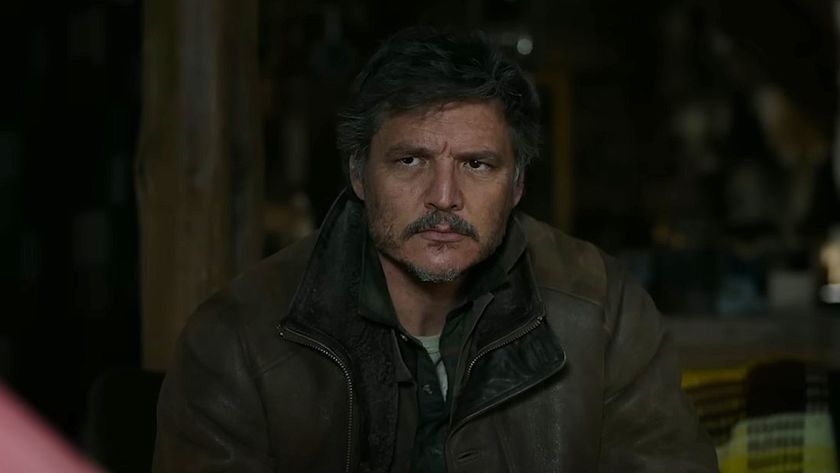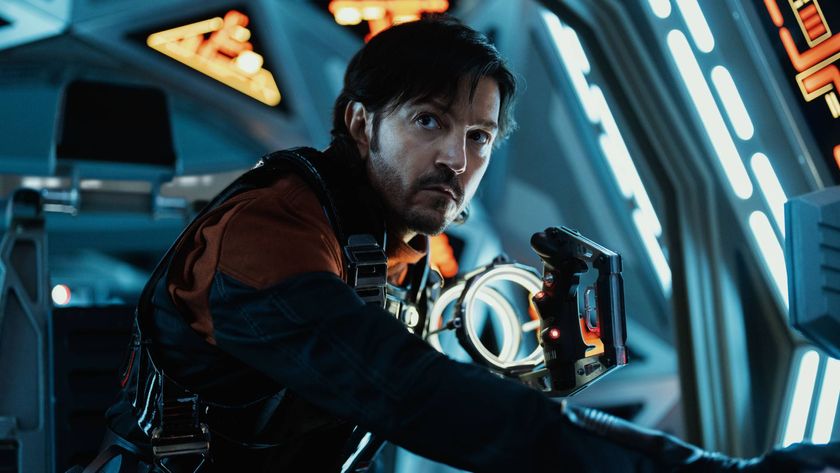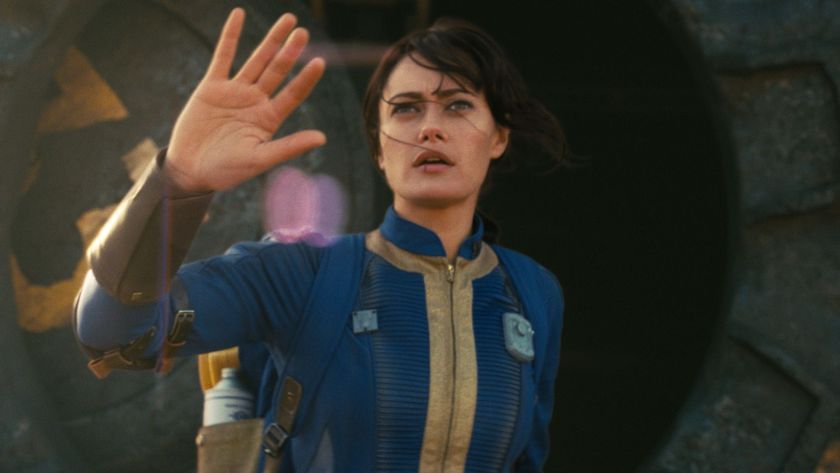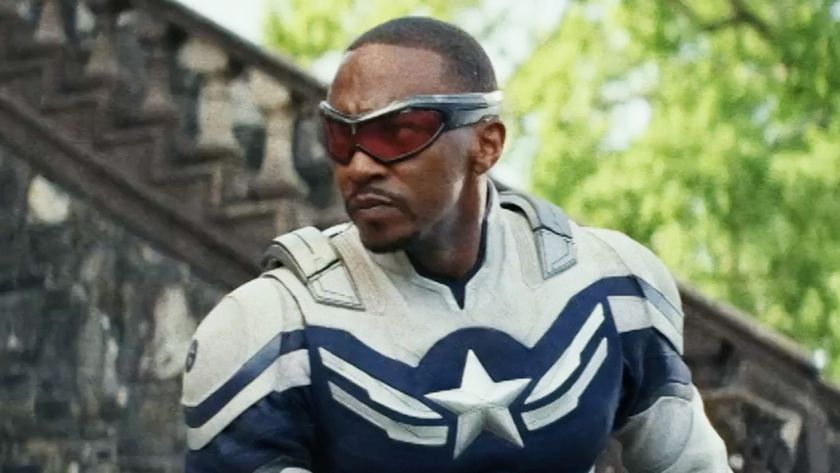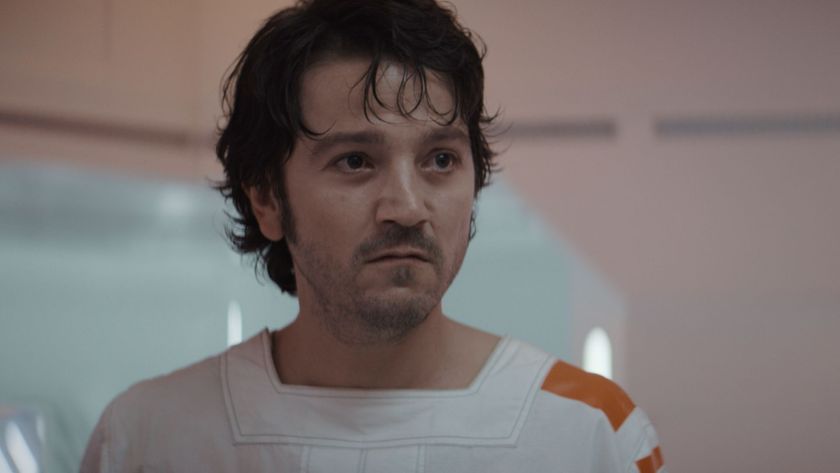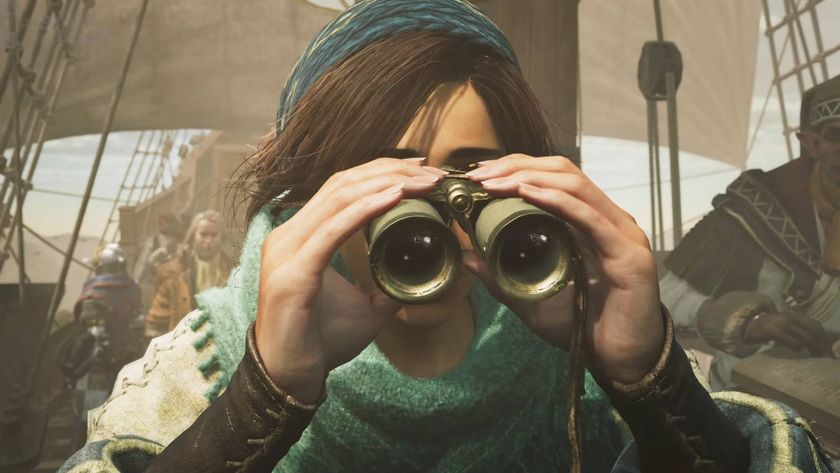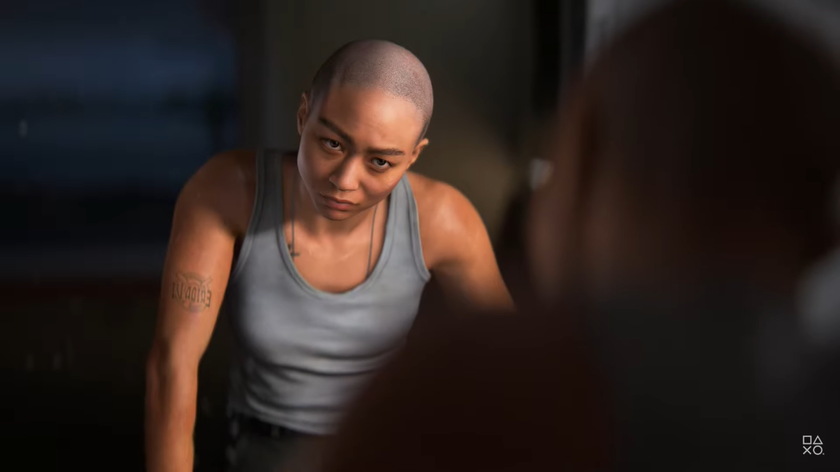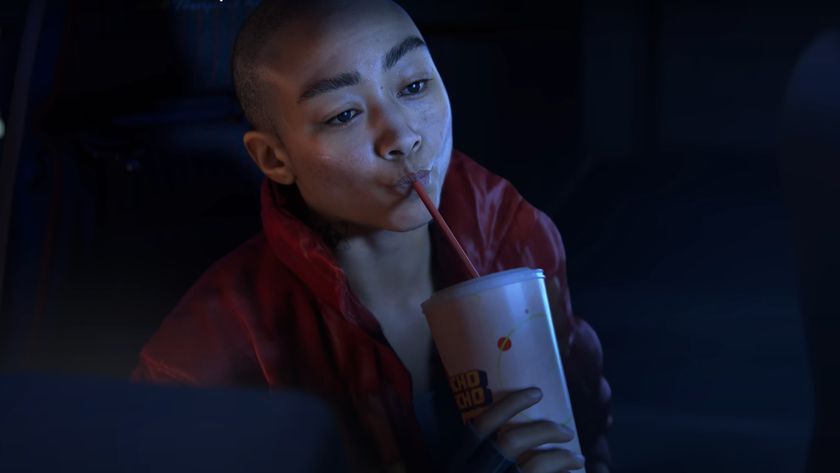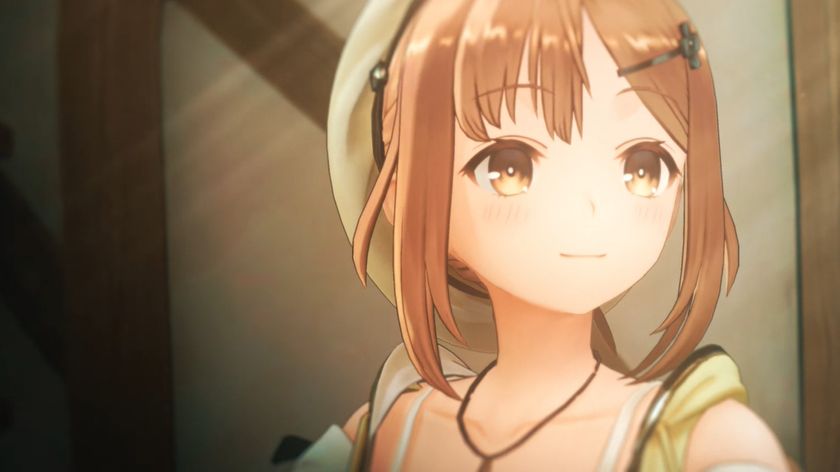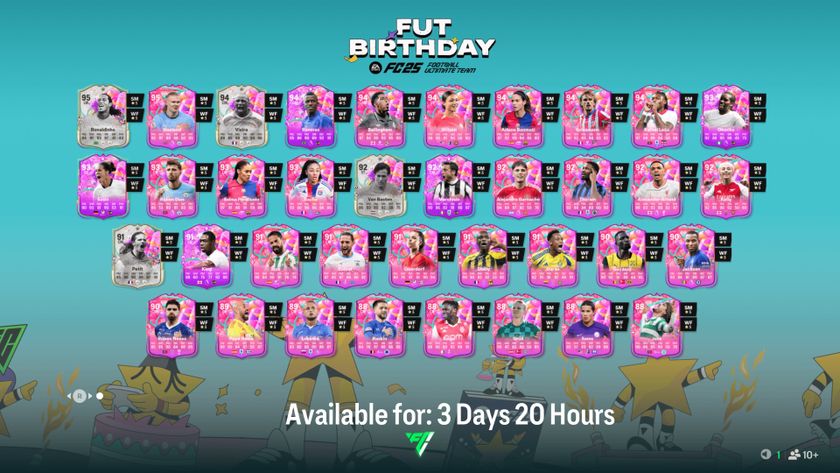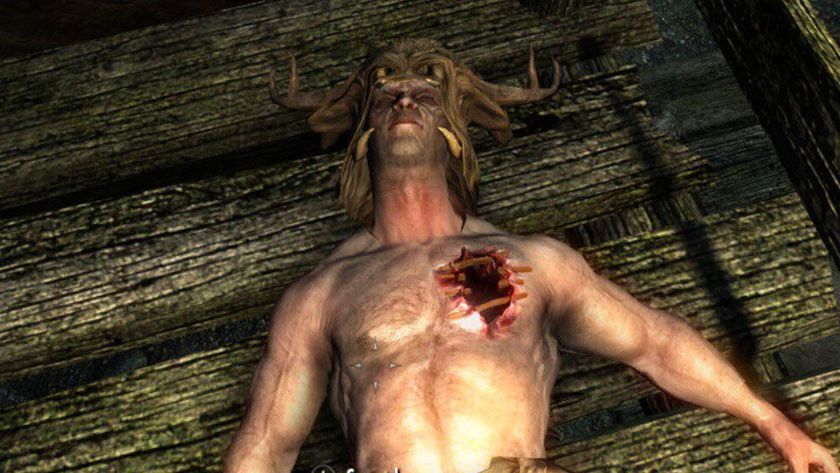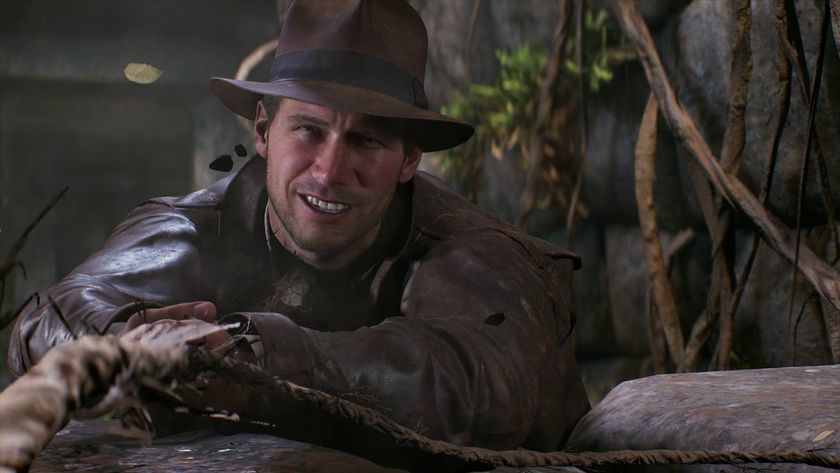SFX Issue 85
None
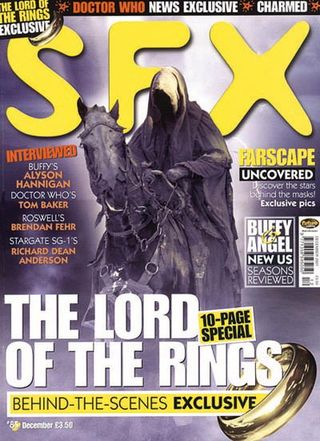
December 2001
Feature:
LORD OF THE RADIO
Brian Sibley tells Dave Golder how the now-classic Radio 4 The Lord Of The Rings adaptation developed…
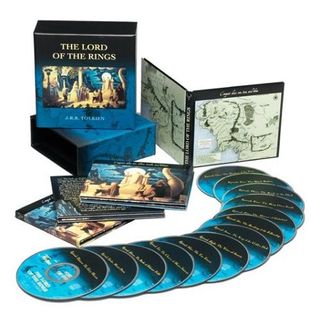
Back in 1981 Radio 4 broadcast a superb 26-part adaptation of The Lord Of The Rings , starring Ian Holm as Frodo, Dad’s Army ’s John Le Mesurier as Bilbo and Sir Michael (er, Paddington Bear ) Hordern as Gandalf. Brian Sibley was the co-writer and architect of the series, which, as he explains, was an amazing feat for such an inexperienced writer…
“In about, I guess, 1979 I offered the BBC a dramatisation of EM Forster’s Maurice ,” he remembers. “They thought it was quite impossible to do this book, because it was about a young homosexual. So they said, ‘No, no, no, we can’t do that.’ But they very nicely and politely asked me if there was anything else I’d like to do. So I rattled off a whole string of books and as a sort of a postscript I added The Lord Of The Rings .”
He didn’t expect anything to come of this throwaway suggestion. “Because I was a very inexperienced, young writer,” he explains. “I hadn’t done a great deal. I’d done one 45-minute radio dramatisation, and that’s all.”
Little did he know…
“Fast forward a couple of weeks, and I’m walking through a corridor at Broadcasting House, and I bump into the head of the script unit. He pulled me into a doorway and hissed at me, ‘How did you know?’ ‘Know what?’ ‘How do you know about The Lord Of The Rings ?’ It transpired that they were negotiating to do the book. He finally believed me when I said there wasn’t a mole on the inside who was telling me highly confidential things, and said, ‘If we did do it, would you be interested in being involved with it? No promises…’”
Sign up to the SFX Newsletter
Get sneak previews, exclusive competitions and details of special events each month!
In the wake of Ralph Bakshi’s animated Rings , its producer Saul Zaentz had struck a deal with the BBC for the radio rights. One problem. “Saul Zantz did not hold the radio rights. They had never been part of the original movie deal. Unusual, of course, because in film deals normally everything is sown up: TV, radio, audio, the lot. The radio rights were still with the publishers George Allen and Unwin [now HarperCollins]. So the BBC then got the money back from Mr Zaentz, and passed it to the Tolkien people and got the rights to go ahead and do it.”
Now, Sibley could start the scripts.
“They partnered me up with a very experienced radio dramatist and producer called Michael Bakewell. I think he was a kind of safety net, so that if I screwed up in a really bad way he could gallop to the rescue. But also, it was a bit of a big job for one person to take on anyway.”
Sibley, however, was the one who spent three months first creating an synopsis of what should happen in each episode. “And then Michael and I spent, I suppose, another six months writing our respective 13 episodes each. And then another two and a half months recording it. It was something that I lived with for about a year, really, and I steeped myself in it. I couldn’t speak it now, but at the time I taught myself rough Elvish.”
The series certainly drew in some impressive actors, and while full of praise, Sibley remembers that some of them weren’t exactly au fait with the material.
“We were very lucky. I was looking at a new biography of John Le Mesurier published by his wife Joan. In the book, there’s a letter from John to, I think Deryck Guyler; he was writing that he was doing The Lord Of The Rings , and he said, ‘Frankly it’s all a bit fey, and I have to confess I don’t really understand what’s going on. But there’s a lot of people in it I like who also don’t seem to know what’s going on…’ Certainly Michael Hordern didn’t. The evidence of this came when Gandalf confronted the Balrog and fell into the mines of Moria. He came into the control room and asked the producer why it was he died in episode eight, because his agent had told him that he was actually going to appear in so many more episodes. And she said. ‘It’s okay Michael because you get resurrected in episode 11,’ and he went, ‘Splendid!’ That was all he needed to know.”
It was first broadcast in 1981 to public, but not industry, acclaim. “It never won an award. Everybody always calls it the award-winning series, which was complete nonsense. It never won anything. Except a huge public following. People either loved it or loathed it. Some of the fans hated things that were done to it. I had angry letters saying Aragorn doesn’t sound like that! How dare you leave out Tom Bombadil? I remember having one letter which said – very angrily and in red crayon – something like, ‘What’s the BBC going to let Brian Sibley do next? Draw a moustache on the Mona Lisa?”
While he was soon being invited to Lord Of The Rings conventions Sibley became weary of only being associated with the book.
“For a long while afterwards I hated people going on about it, because I did a lot of other things, some original things. But now it’s gone full cycle and 20 years later, I’ve sort of come round to feel very proud that I was part of it.”

Dave is a TV and film journalist who specializes in the science fiction and fantasy genres. He's written books about film posters and post-apocalypses, alongside writing for SFX Magazine for many years.

